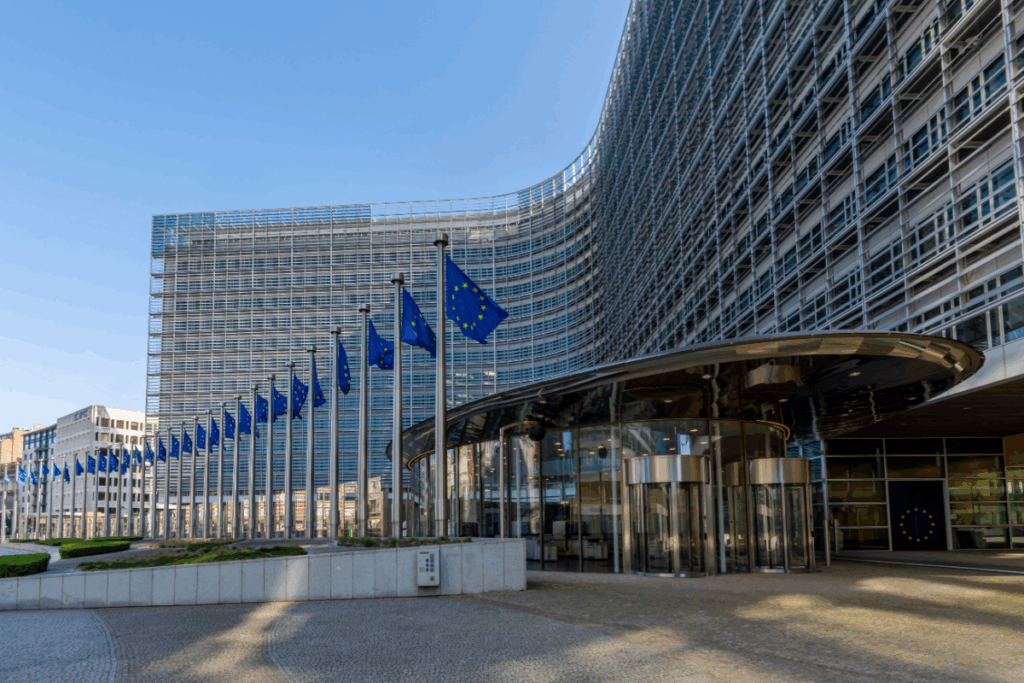Brussels Pushes to Close Loophole Two Years Early
The European Commission is moving to abolish a long-standing customs exemption for low-value imports by early 2026 — two years earlier than originally planned. The decision aims to curb unfair competition from foreign e-commerce giants and tighten oversight on billions of parcels entering the European Union each year.
In a letter seen by POLITICO, European Commissioner for Trade and Economic Security Maroš Šefčovič urged EU finance ministers to fast-track the reform, writing that “a workable solution could be in place for Q1 2026 if we act with the required political determination and pragmatism.”
EU ministers reached a political agreement in Brussels on Thursday to remove the €150 import threshold, which currently allows shipments below that value to enter the bloc tax-free. The change was originally set for mid-2028, but Šefčovič is now calling for implementation within the next five months.
“It will be extremely difficult to explain to our businesses and citizens why the European Union cannot act faster to remove this competitive advantage,” he wrote.
Billions of Parcels Under Scrutiny
The exemption has allowed a surge of small packages — mostly from online retailers in China such as Shein and Temu — to flood European markets. According to Commission data, the EU received over 4 billion parcels valued under €150 in 2024, many of which were under-declared or failed to meet European product safety standards.
The situation has intensified this year, with even higher parcel volumes reported before the holiday shopping season. “We have already received more packages this year than in the entirety of 2024, with Black Friday and Christmas still coming,” said Dutch MEP Dirk Gotink, who leads the customs reform negotiations in the European Parliament. “The exemption needs to be scrapped as soon as possible. It’s old-fashioned.”
A Temporary Customs Fee to Ease Transition
To accelerate the process, Šefčovič proposed introducing an EU-wide temporary customs fee combined with improved IT coordination among member states’ customs authorities. The fee would apply uniformly to all parcels once the exemption is abolished, streamlining revenue collection and reducing administrative burdens.
An EU diplomat told POLITICO that eliminating the €150 threshold overnight would require customs authorities to start applying tariffs to around 5,000 product categories, necessitating a simplified system to avoid logistical chaos.
France has already taken unilateral action, announcing last month that it would impose a national handling fee on small parcels to curb underpriced imports and recover lost tax revenue.
Political and Economic Implications
The move has gained support from several member states concerned about consumer safety and market distortion. Swedish Finance Minister Elisabeth Svantesson described the reform as a “major win,” saying, “Free trade doesn’t mean you get to flood the market with whatever garbage you feel like selling. We’ve seen how companies have been exploiting the system.”
Critics argue that abolishing the exemption could increase costs for consumers who rely on low-cost imports. However, EU officials counter that the reform is necessary to restore fairness for European businesses and prevent widespread tax evasion.
The Commission’s proposal will now move to the technical and legislative phase, where details of the simplified customs fee and IT integration plan will be finalized. If member states approve the accelerated timeline, the new system could take effect by early 2026, signaling a tougher stance on global e-commerce practices within the European Union.


